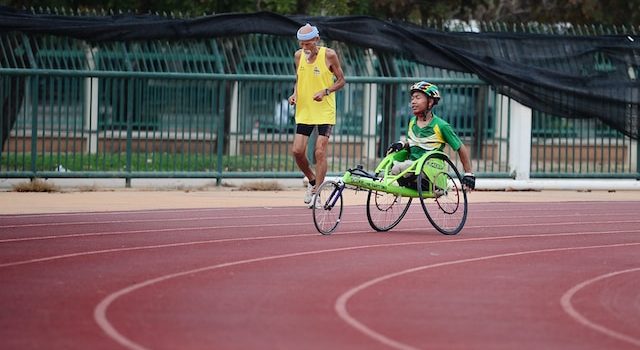
The transformative power of brain and spinal cord implants extends far beyond physical mobility. For individuals who have regained the ability to walk through neuroprosthetic technology, the emotional impact is immeasurable. These success stories of renewed independence and empowerment offer a glimpse into a world where the human spirit triumphs over adversity.
Walking again after paralysis is an achievement that defies expectations, reshapes identities, and unleashes a flood of emotions. Each step taken by individuals who have received brain and spinal cord implants represents a victory over limitations and a reclaiming of the freedom that was once lost.
The emotional impact of these success stories is deeply personal and often intertwined with a complex range of emotions. For the individuals themselves, the journey from paralysis to walking is one of hope, determination, and resilience. It is an arduous path marked by setbacks and challenges, but also by moments of triumph and personal growth.
Regaining the ability to walk not only restores physical independence but also fosters a renewed sense of self-worth and confidence. The feeling of taking those first steps, of standing tall and moving forward, can be a profound and life-altering experience. It is a testament to the unwavering human spirit and the resilience of the human body.
Equally significant is the impact on the families and loved ones of those who have been paralyzed. Witnessing a loved one regain their mobility is an emotional journey filled with joy, relief, and a renewed sense of shared possibilities. The burden of caregiving often eases as independence is restored, allowing for deeper connections and the rebuilding of relationships.
The emotional impact extends beyond individual stories to the broader community. These success stories ignite hope and inspiration in others facing similar challenges. They demonstrate that there is a path forward, that paralysis does not have to be a permanent barrier, and that the human spirit is capable of transcending physical limitations.
Medical professionals and researchers working in the field of neuroprosthetics are witnesses to these emotional transformations. For them, the impact of witnessing patients regain their mobility is a testament to the power of their work. It reaffirms their commitment to pushing the boundaries of science and medicine and fuels their resolve to continue advancing the field.
However, it is essential to acknowledge that the emotional impact of neuroprosthetic success stories is not without its complexities. For some individuals, the journey may be accompanied by mixed emotions, such as feelings of gratitude tinged with survivor’s guilt or the challenge of adjusting to a new identity that encompasses both past and present experiences.
Ethical considerations also come into play, particularly regarding the responsibility of medical professionals and society at large to support individuals who have undergone these transformative procedures. Ensuring access to comprehensive rehabilitation, psychological support, and ongoing care is crucial to address the emotional and psychological well-being of those who have regained their mobility.
In the midst of these emotional triumphs, it is important to remember that neuroprosthetics are not a panacea. The technology is still evolving, and challenges remain in terms of accessibility, affordability, and long-term effectiveness. Continued research, collaboration, and advocacy are necessary to ensure that the benefits of neuroprosthetics are accessible to all who could benefit from them.
Walking on cloud nine, individuals who have regained their mobility through brain and spinal cord implants exemplify the indomitable human spirit and the power of scientific progress. Their stories of triumph over adversity are a testament to the emotional impact of neuroprosthetics, offering hope, inspiration, and the belief that anything is possible with the right combination of determination, innovation, and support.










